The Great Exodus: Are Creators Looking For A New Social Platform?
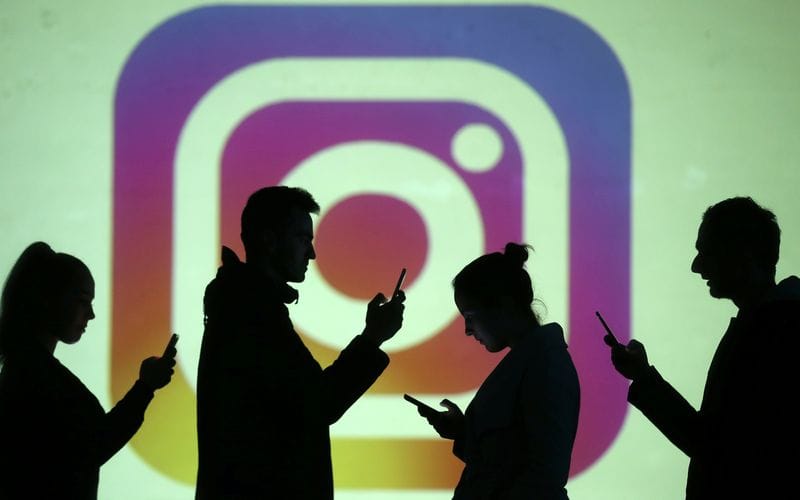
OPINION: Social Media Has Become A Job, Instagram Becomes The Platform With The Most Resistance For Growth For Creators.
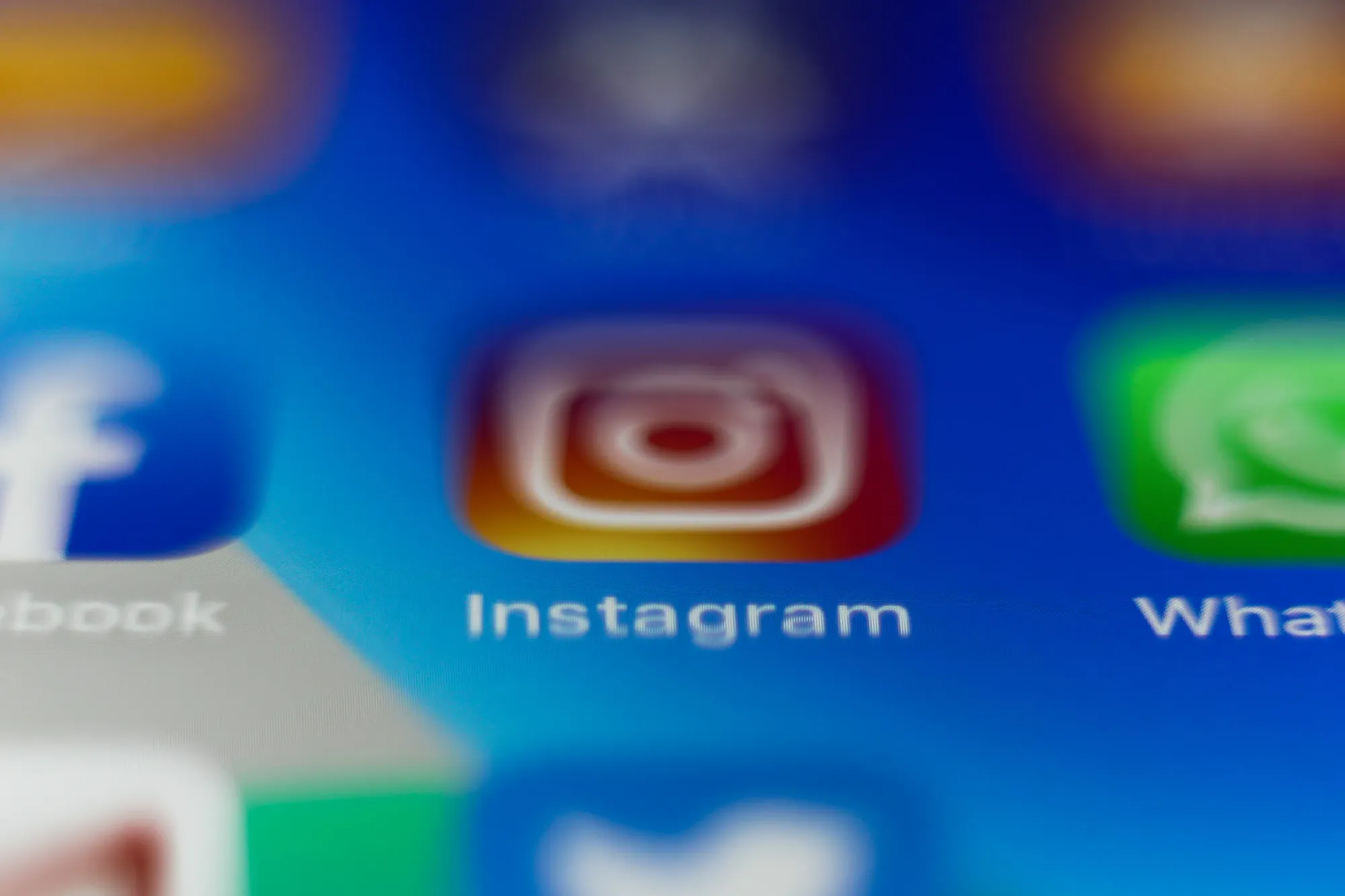
In the digital landscape, it's almost undeniable that Instagram has stood as the towering colossus, holding the greatest market share for social media platforms and creators for over a decade. However, as the year has kicked off, the echoes of change are starting to resonate louder and louder, leading many creators to the question of whether or not this will be the year that we truly migrate away from Instagram as a platform.
It's not a new idea.
A 2022 VICE article highlighted how Instagram often times made unpopular decisions for the platform, nearly always having to reverse those decisions because how unpopular they were. One of those decisions, that really only has seen a partial rollback was the chronological feed. Other decisions include the features that are rolled out only to small segments of users, like that time they introduced horizontal scrolling, Favorites, and now a new secondary profile where posting can be done exclusively for a select group of followers.
In short, Instagram is doing weird shit.
The platform we all came to love because of 7 filters, easy photo posts, and random, artistically posted shadow photos has evolved - or devolved - into a melting pot of random features, blending with all of the features of other popular sites and platforms, and an algorithm that has very likely grown disobedient of its human overlords.
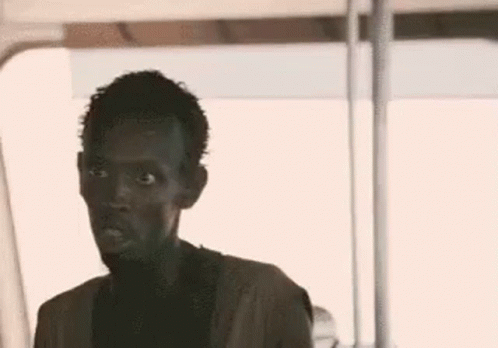
Instagram has become insufferable.
As a Millennial, it's easy to think that Instagram is the standard for social media right now. It's where art and business meet community and engagement, and where many of us have been over the last ten years, growing our following, and embracing our own evolutions. But for a slim few, for example, like myself, I am now on my fourth Instagram account, my last one being abandoned because of my suspicions of being shadowbanned. It's a word that many in the digital marketing space will try to convince you not to use. In fact, they'll try to convince you that you're so boring, only 9% of your followers - no matter the number - are interested enough to like your latest photo.
They'll try to convince you to do a lot of things, like creating and posting a new reel every day, quitting your day job to do so, and hunting for the latest six second audio that Instagram is using to boost small accounts. These things have literally never been proven, but a new ecosystem of digital marketers claiming to be Instagram gurus have taken over the platform, and everyone is tap dancing to their beat. And hint, hint - a lot of them look like the type to can't hold a beat.
For younger users, many of which are Gen Z, Instagram is old, toxic, and makes no sense. In fact, Instagram is to Gen Z what Myspace was to Millennials in 2010. But the tides are so much more different.
As mentioned in a 2023 article featured on Growing Leaders, a huge part of why there is a shifting exodus from Instagram in the last two years has a lot to do with how transactional the platform has gotten. Organic, personal interactions are on a decline, while the need to push platforms, products (and often times courses) goes to the forefront. The social aspects of social media have gone out the window, and it's not hard to see Instagram as one of the leading culprits.
Of course, Twitter/X is no exception. Elon is...we don't know what he's doing over there other than running it into the ground.
But Instagram, in particular, has a very cold aspect of it, one that continues to lead to burn out among creatives and almost anyone on the platform. The platform has become a performance platform, and it seems no matter how much you feed the stories, the reels, and how much you follow the so-called guidelines and rules, it plays as though the desire outcomes are unpredictable and incalculable.
Read: Instagram is Over [Nov. 2022]
When creators were told to create a reel everyday, they did, and engagement on those reels tanked after Instagram moved away from IGTV and made every video on the platform a reel. Engagement across all profiles, regardless of their size, continues to drop from time to time almost without cause or clue. The math just doesn't math. I, for example, have crossed 2100 followers on my page, and as of recent have been crippled by engagement numbers that look like 99 accounts engaged, 5 likes, and 0 comments. It's been this way since January 1st. Seeing the inability to engagement or be seen by the thousands of followers you've worked hard to earn defeats the entire purpose of social media as a whole. My opinion is that Instagram has been trying to package virality over connection, and the app has fallen into chaos because of it. If our content doesn't match the formula for "How to Go Viral", then no one sees it at all. Instagram has become absolute.

Enter "Envy Economy". It's the idea that being exposed to products is simple, but being exposed to products repeatedly through the lens of people whose lives seem very desirable, increases consumerism in a way that is being closely examined by psychologists. This "lifestyle envy" is turning your friends and followers into stalking haters who watch your profile closely to snoop on your trips, your drip, your new bae, and judge the overall quality of your lifestyle. Now, of course, I can't say that these things are Instagram's fault.
We kind of live in a world where everyone wants to stunt on where they're able to go, and what they have, what they're able to do and all of that. It's all stunt and games, until they post that they're at the Fyre Festival is how I like to think of it.
But between body dysmorphia, sexbots, lifestyle envy, and algorithmic burnout, as a creator you can legitimately feel like you're begging Instagram to do something that should otherwise seem intuitive of a social media platform.
So, are creators leaving Instagram?
The answer in whole is yes. People are quitting Instagram - and they have been probably en masse since 2022. Or, maybe it was after that one 20/20 interview where Frances Haugen ousted Facebook so bad that Mark Zuckerburg woke up the next day and renamed the company Meta...? I can't recall.
While we all know that video is now king, the alternatives to Instagram leave us with two alternatives. While TikTok continues to be a growing avenue for creators and businesses of all ages who enjoy genuine interaction and real-time engagement, it seems like there are challenges with growing an audience on the platform for newcomers. Then there's also the CHIINAA and security issue that still has many people split. YouTube also poses challenges for creators who are not heavily proficient in videos. While YouTube's Shorts promises great engagement and reach, with monetization possibilities, managing a YouTube channel requires consistency that can be even more challanging.
And creators have been leaving YouTube as of recent as well.
Are creators quitting social media as a whole?
The short answer, to be honest, is yes.
I can theorize, but my evidence is always going to involve economy. When hard-working adults found out that a child was making millions of dollars playing with toys on a YouTube Channel, it was one thing. But since the announcement of that news, the economy and social media have changed in ways that the two almost are related. To work a full-time job and make under a livable wage requires survival and ingenuity, and becoming a social media influencer or creating a monetized channel continues to seem so close within reach that it almost doesn't make sense to not try. From faceless channels and profiles, to the new artificially generated content, social media is almost becoming a necessary execution to add either active or passive income so that people can live in America.
Small Twitch streamers can make between $50 and $1500 per month streaming on the platform. TikTok profiles with over 1,000 followers can go live on the platfom, opening the opportunity to stream, connect with followers, and rack up upwards of $1200 per month. If you're ever on TikTok and see folks live, casually sitting in their living room, or looking bored, just imagine that one hour of that "boredom" can be as profitable as a full day's work in the office.
If you've ever felt like social media is becoming a job for you, it's because it may quite literally be heading in that direction. But if it's a job where the goal post is constantly moving, then it's safe to call it a scam more than it is a job. Congratulations, you just cut a penny with a CutCo knife.
So, what now? Is Alex Auguste leaving Instagram?
My short answer is not yet. It's undecided. But between running a YouTube Channel and slowly migrating more to TikTok and Twitch, it's only a matter of time before something catches on and requires my attention to be taken away from Instagram. VividLife TV was birthed from a pretty strong disdain for Instagram Live, and it hasn't necessarily caught on to Instagram much either.
Between never having had notifications on to now deleting the app off my phone, I've committed to focusing on creating and connecting, not trying to figure out how Instagam is different this month versus last. Simply put, my loyalty is to the audience and followers whose attention, following, and subscriptions I've earned. Not to any 1 particular social media platform. And I use that as a constant reminder to content creators, streamers, and small business owners: create your website, establish your platforms off social media, and stay connected directly.
2024 marks a crossroads for creators, influencers, and everyday users. It’s a moment to reassess our digital presence and collective responsibility. The great Exodus isn't about abandoning a platform but rather about finding spaces that foster genuine connection, celebrate diversity, and champion mental well-being.
What are your thoughts on the challenges posed by Instagram, and do you envision a shift in the social media landscape?
How can we collectively create spaces that encourage creativity, support mental health, and amplify underrepresented voices?
Share this article with friends, and comment below on your thoughts about the most recent challenges, changes, and direction of Instagram and social media.
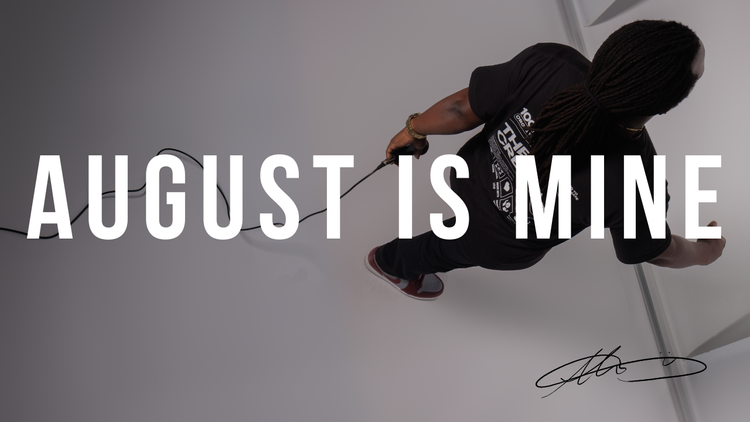


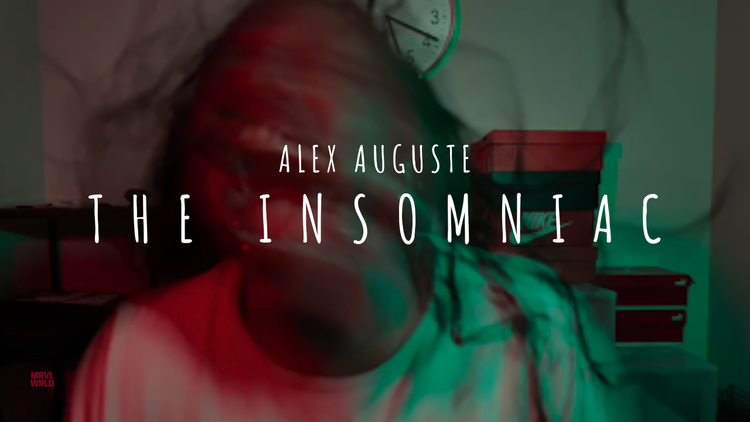
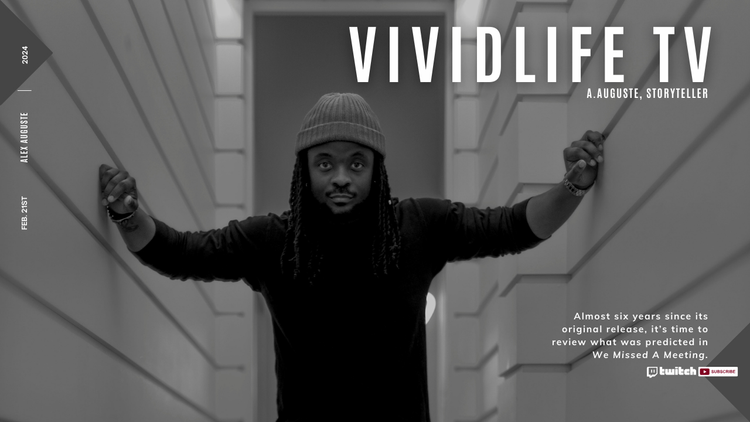
Member discussion